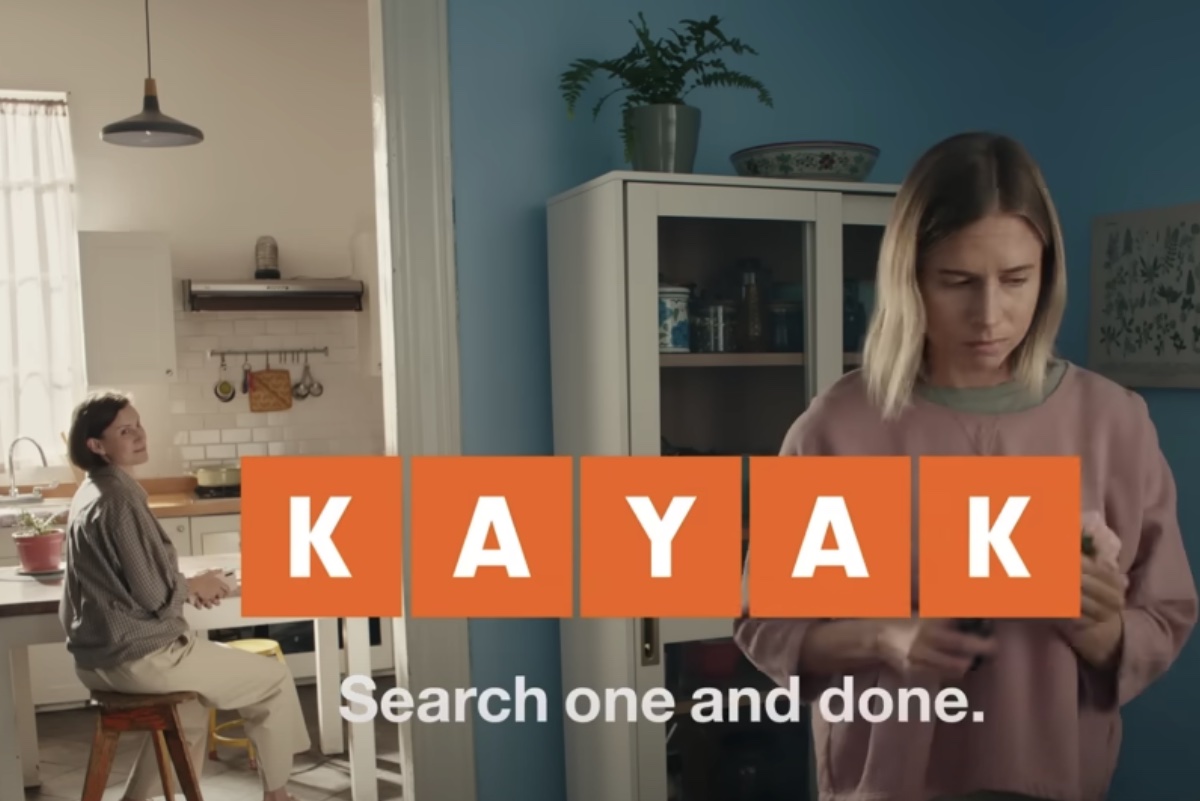Booking Hopes Its Kayak Brand Can Help Save eTraveli Deal

Skift Take
Booking Holdings' proposed remedy to push through its pending deal to acquire eTraveli Group may not be enough. Perhaps additional concessions or litigation are in the offing.
Booking Holdings has proposed a remedy to a hotel issue that is threatening European Commission approval of its roughly $1.8 billion deal to acquire flight tech company eTraveli Group — show hotels from competitors when someone books a flight.
The potential solution might include something like this: After someone books a flight on Booking.com, the company would use sister brand Kayak to offer a variety of hotel choices from rival online travel agencies and perhaps the hotels themselves.
Kayak is a metasearch — or comparison shopping site — so if the traveler was flying from Amsterdam to New Yor

